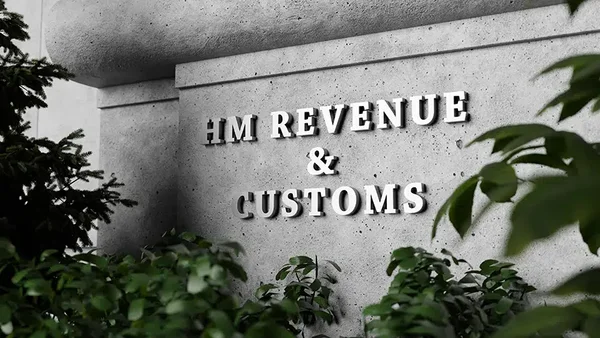Understanding Self Assessment Tax Bills

Are you a freelancer, contractor, or self-employed professional in the UK, puzzled about how to budget for your Self Assessment tax bill? Worry not! We've got you covered with a comprehensive guide on ensuring timely and accurate tax payments.
Understanding Self Assessment
When you are responsible for paying your taxes through Self Assessment, it's crucial to understand the following components:
Income Tax is calculated on the total income you've earned over the year. It's essential to keep accurate records of all your income sources to calculate your tax liability correctly.Income Tax
Apart from Income Tax, you may also need to pay National Insurance Contributions (NICs) if you are self-employed. NICs are important as they count towards certain benefits like the State Pension.National Insurance Contributions
This is an advance payment towards your tax bill based on your previous year's tax return. Understanding this helps mitigate the surprise of a higher-than-expected bill when the January tax deadline approaches.Payment on Account
How to Budget Effectively
Follow these steps to budget for your Self Assessment tax bill seamlessly:
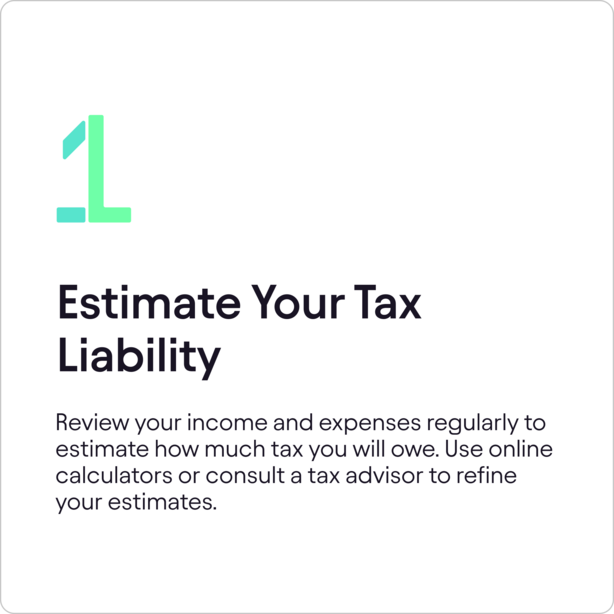

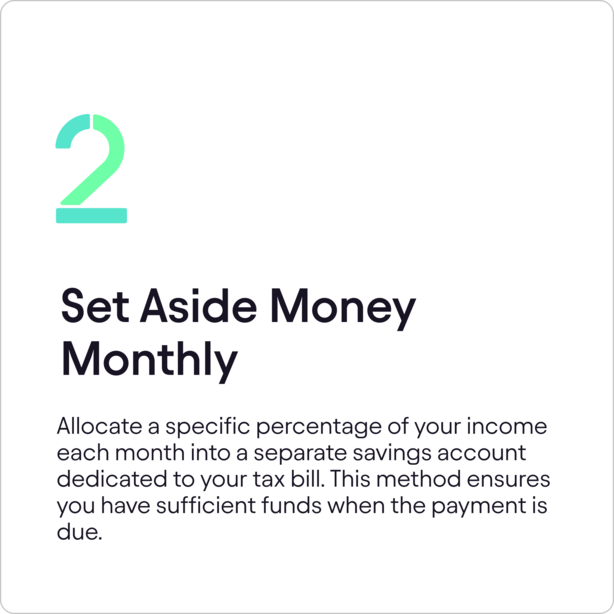

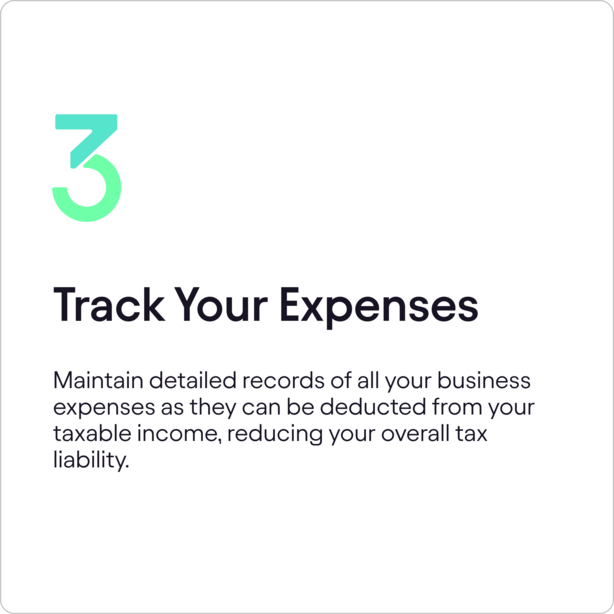
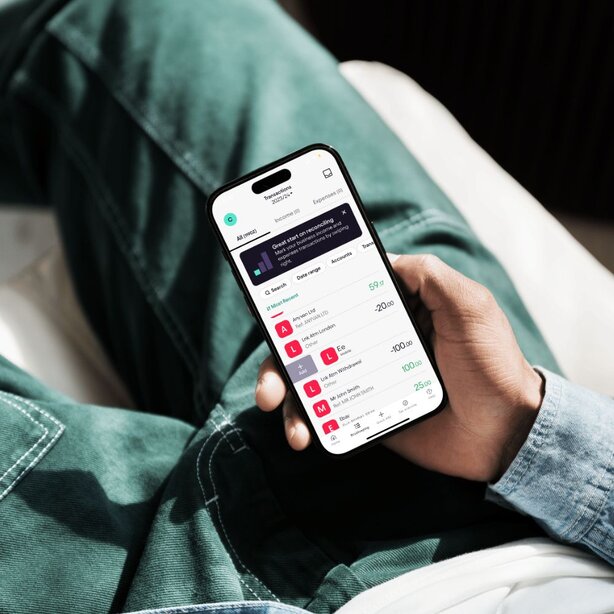
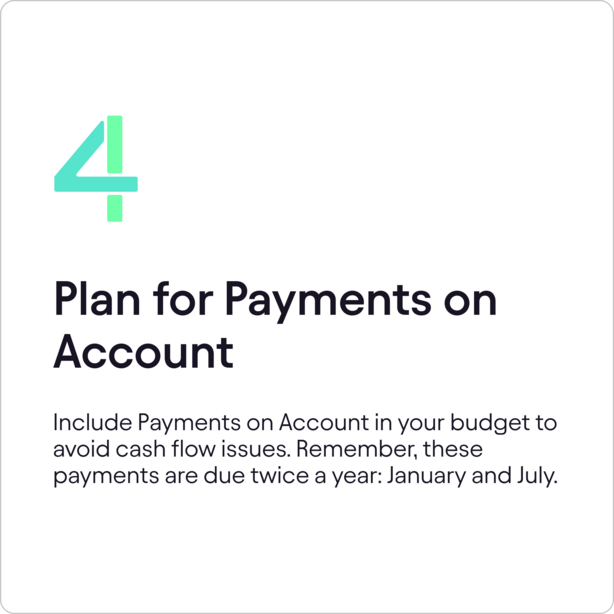
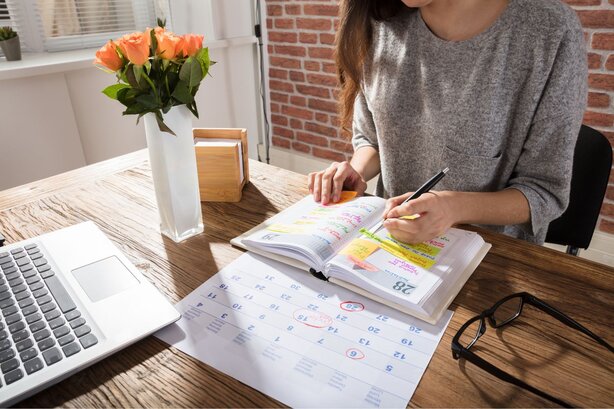


Budgeting Options

Option 1: Standard Monthly Saving Method
Manually tracking your mileage involves keeping a physical or digital logbook where you record each business trip. Ensure consistent and detailed entries for accuracy. This meticulous approach not only aids in accurate mileage calculations but also serves as a reliable record for tax deductions and reimbursement claims.
Option 2: Tax Instalments and Prepayments
HMRC's Budget Payment Plan allows you to make regular weekly or monthly payments toward your tax bill. This helps manage your cash flow by breaking down your payments into smaller, more manageable amounts. By doing so, you can avoid a large, unexpected bill at the end of the year, reducing financial pressure.
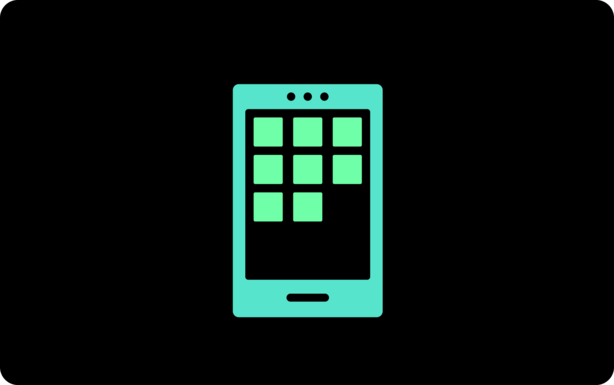
Additional Considerations

If your turnover exceeds the VAT threshold, consider how VAT might impact your cash flow and tax budgeting.VAT Registration

Keep track of deadlines to avoid late payment penalties and interest charges.Filing Deadlines

If your income fluctuates, consider setting aside a higher percentage of your income or an average based on previous months.Fluctuating Income
Expert Assistance with Pie
Navigating the budgeting for your Self Assessment tax bill can be complex, but with Pie Tax, you have access to expert assistance. Our software makes it easy to track your income, expenses, and tax obligations, ensuring you always stay ahead.

According to HMRC, around 10.7 million people in the UK need to submit a Self Assessment tax return each year.

Approximately 700,000 taxpayers miss the January 31 deadline annually, resulting in penalties and interest charges.
Frequently Asked Questions
How often should I review my tax liability estimate?
It's advisable to review your tax liability estimate quarterly to stay on top of your finances.
What are Payments on Account?
These are advance payments towards your Self Assessment tax bill, typically based on your previous year's tax return.
Can I claim expenses against my taxable income?
Yes, legitimate business expenses can be claimed to reduce your taxable income.
What happens if I miss the payment deadline?
Missing the payment deadline can result in penalties and interest charges from HMRC.
Can Pie Tax help with tax filing as well as budgeting?
Yes, PieTax offers comprehensive features to help with both tax filing and budgeting for your Self Assessment tax bill.









